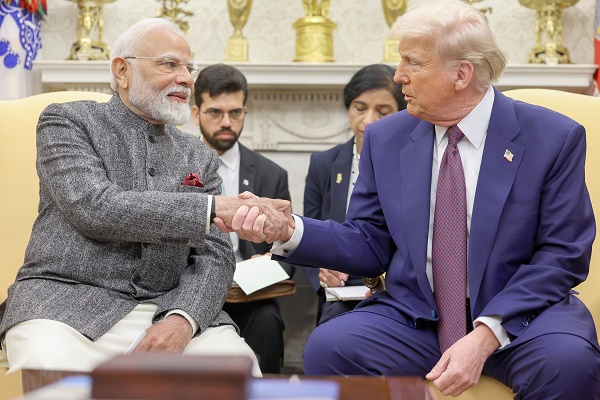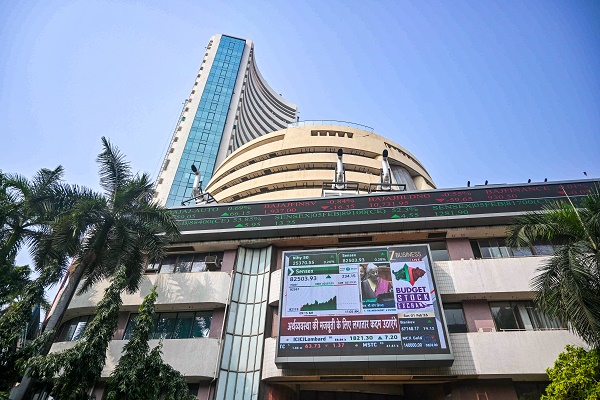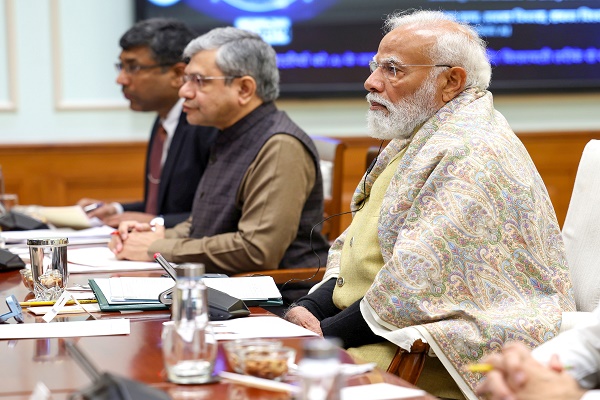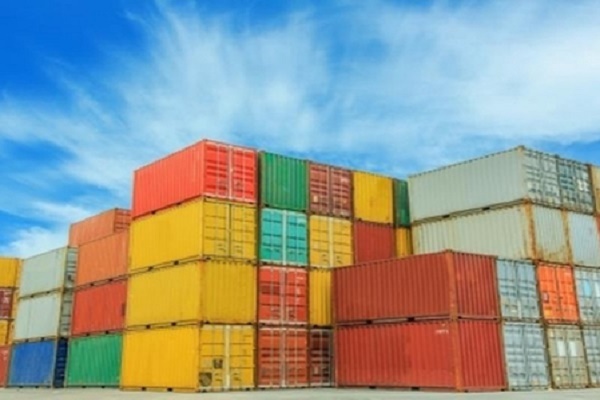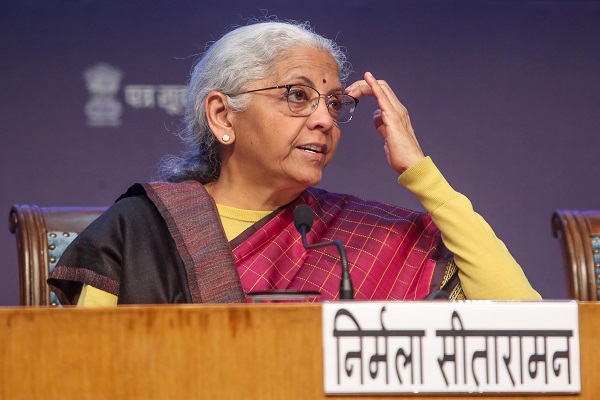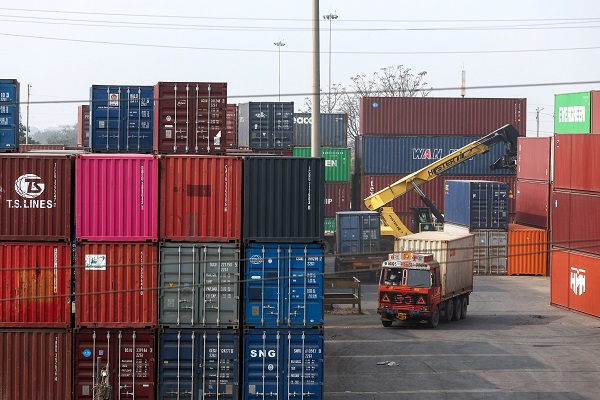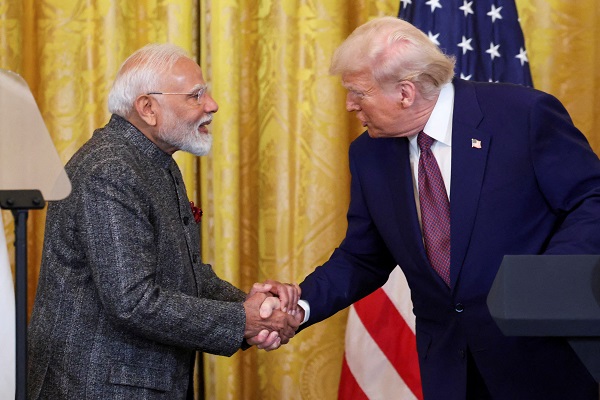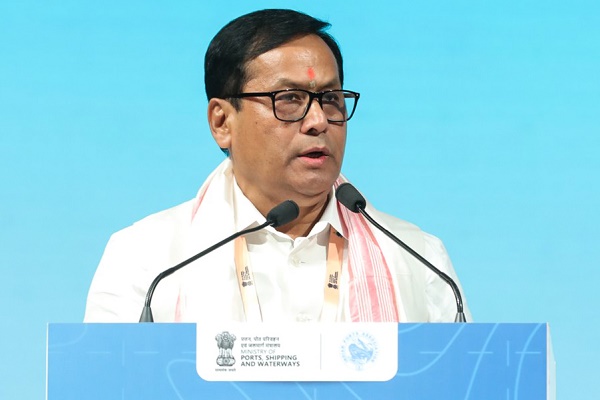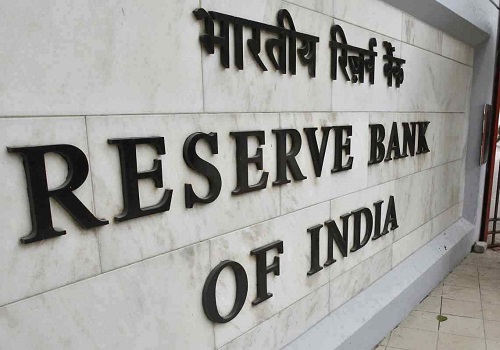India launches first international bullion exchange to bring transparency
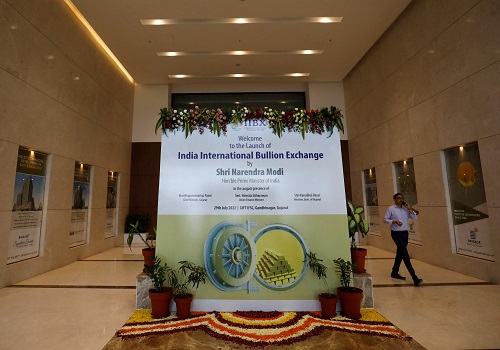
India launched its first international bullion exchange on Friday as the world's second biggest consumer of the precious metal tries to bring transparency to the market for the precious metal.
India International Bullion Exchange (IIBX), based at Gujarat International Finance Tec-City, or GIFT City in western Gujarat state, could lead to standard gold pricing in India and make it easier for small bullion dealers and jewellers to trade.
"We would have better price negotiation strength with the launch of this bullion exchange," India's Finance Minister Nirmala Sitharaman said.
Gold is tightly regulated in India and currently only nominated banks and agencies approved by the central bank can import gold and sell to dealers and jewellers.
"IIBX with its technology-driven solutions, will facilitate transition of Indian bullion market towards a more organised structure by granting qualified jewellers a direct access to import gold directly through the exchange mechanism," the exchange said in a statement.
China, the top gold consumer, runs such a bourse, where all domestic production and imported gold has to be bought and sold.
India imported 1,069 tonnes of gold in 2021, up from 430 tonnes a year ago.
The Multi Commodity Exchange (MCX) and National Commodity and Derivatives Exchange (NCDEX) offer gold futures contracts in India, but there wasn’t any physical exchange to buy gold.
"India's efforts to monetise gold will also derive tremendous support from a transparent bullion trading system in GIFT City," said Somasundaram PR, regional chief executive officer of WGC's Indian operations.
Indian households own an estimated collective 25,000 tonnes of gold, which passes from one generation to the next. New Delhi has been trying to monetise these holding to reduce the imports.


